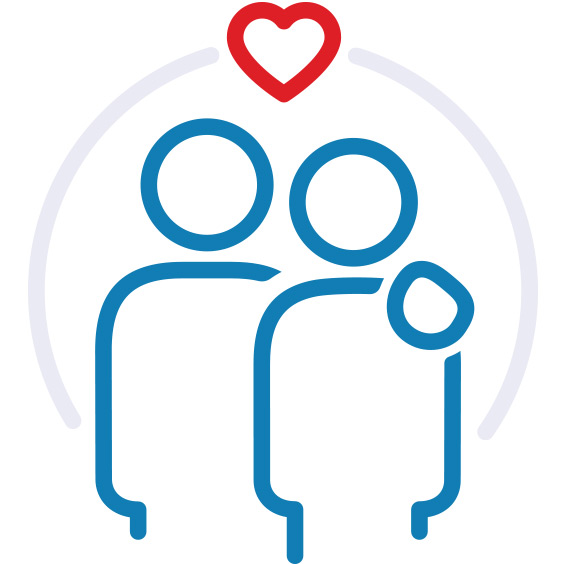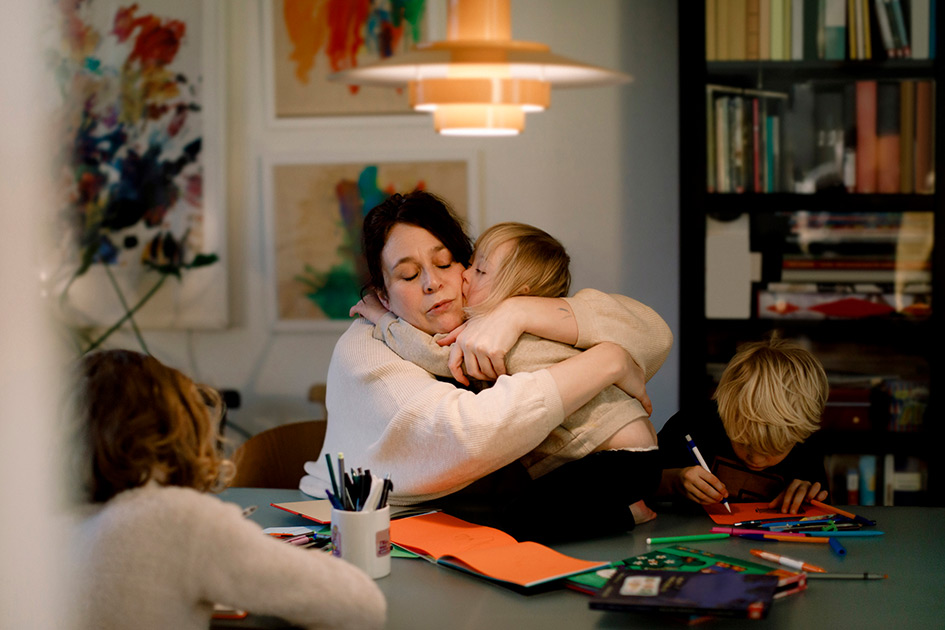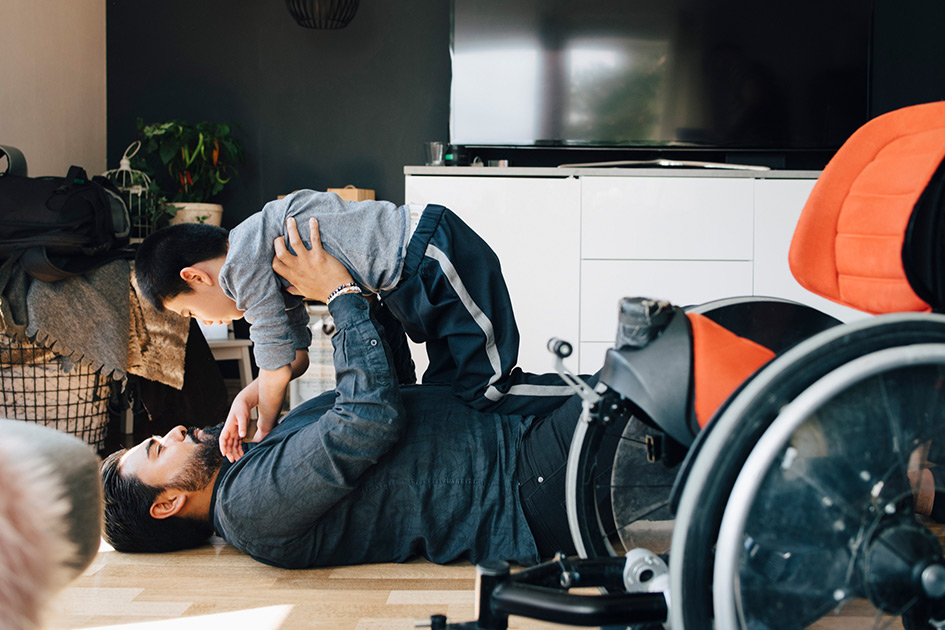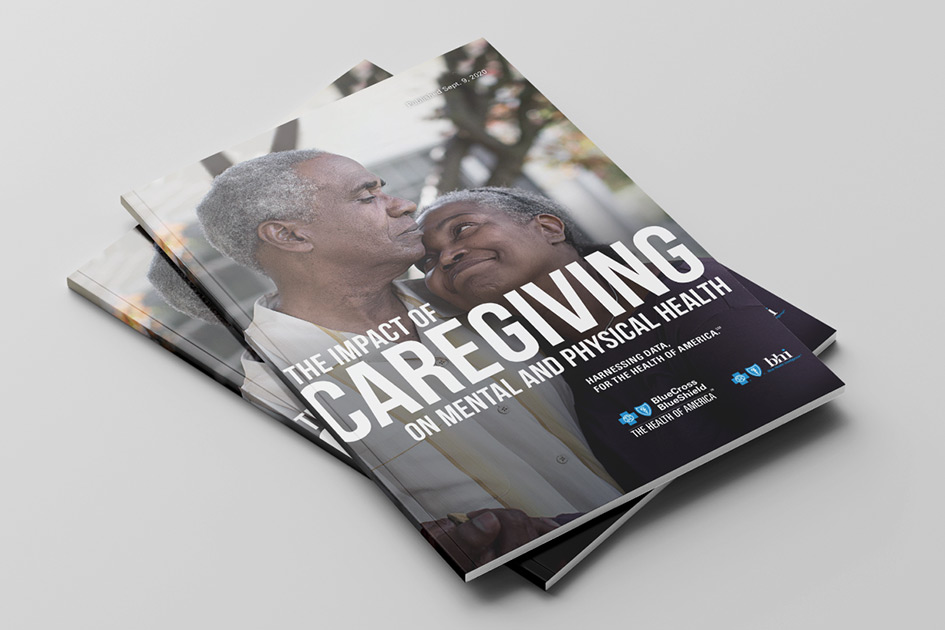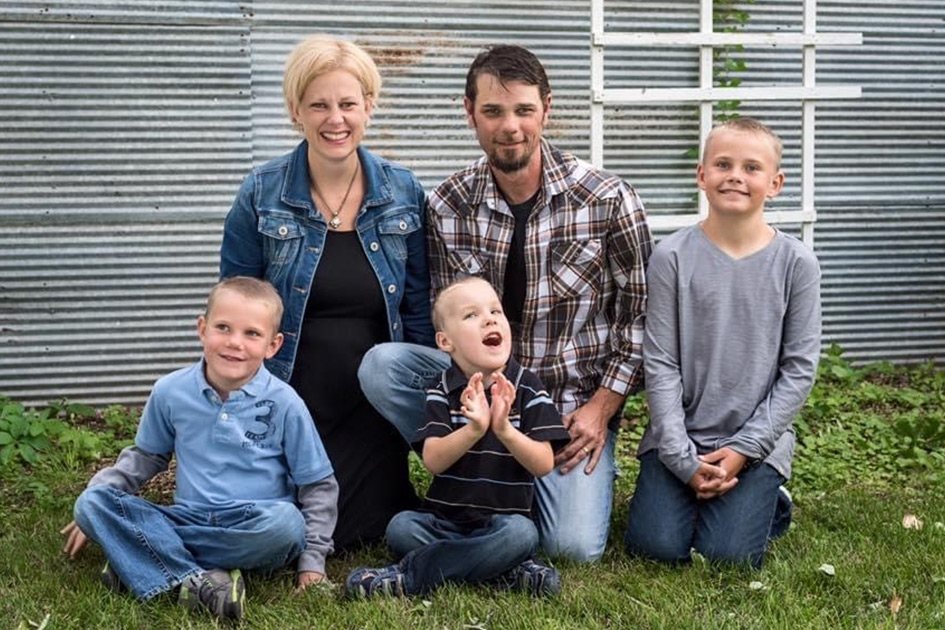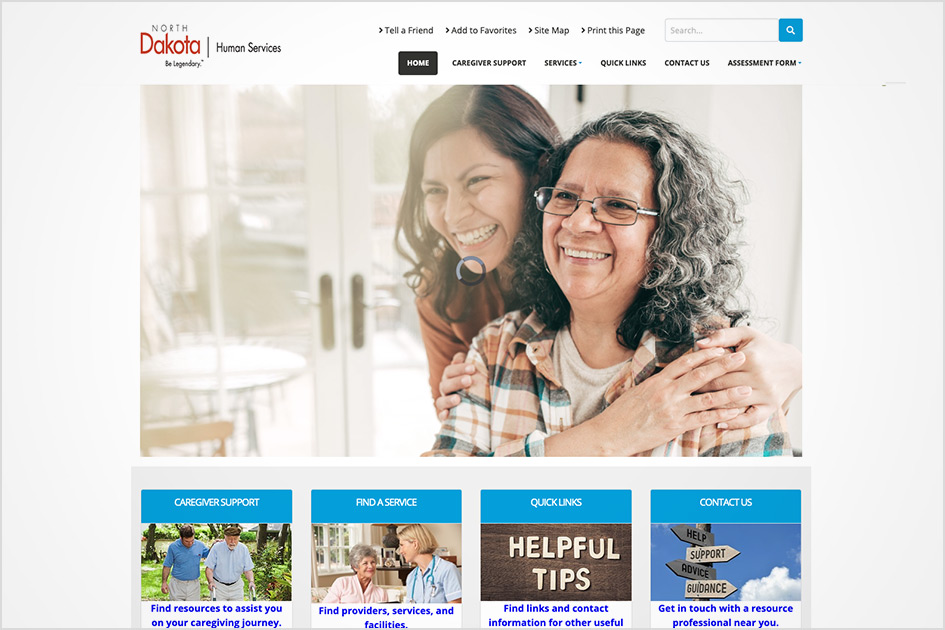Am I a caregiver?
You’re considered a caregiver if you:
- Assist a loved one or friend with medical, daily living or household tasks
- Help guide care decisions or manage finances for the individual/people
- Provide the care unpaid
If that describes you, you’re not alone. More than 43.5 million Americans are informal caregivers each year.
The health care system can only do so much. Outside of that, 20% of North Dakotans rely on some level of care from family members or friends.

